Gli Anni Più Belli by Muccino
There’s a time for everything and everything has its time. But, above any story big or small, reigns friendship, untainted by wrinkles or defeats. Because it’s such a pure and superior feeling that requires nothing other than to live and grow through time and people.
In short, that’s the message of Gabriele Muccino’s romantic and poetic film, which traces 40 years of life in Italy through the eyes of its protagonists: Gemma (Alma Noce / Micaela Ramazzotti), Paolo (Andrea Pittorino / Kim Rossi Stuart), Giulio (Francesco Centorame / Pierfrancesco Favino), Riccardo (Matteo De Buono / Claudio Santamaria), Anna (Emma Marrone), and Margherita (Nicoletta Romanoff.)
“And I am in the soul of all my characters,” Muccino says, “I suffer and feel with them, I experience their struggles and their defeats, their victories and their adolescent aspirations, which then have to confront the future.”
Like in a classic bildungsroman, we’re dealing with a true coming of age movie. Four individuals born in the late 1960s, whose bonds of friendship often overlap with love, trying to find their way through politics, work, relationships. They are the victims and protagonists of History and of themselves, unable at times to find solutions and skilled at running away from threats and disappointments.
In an Italy that is constantly changing before their teenage eyes - incredibly similar to those of their older counterparts - they become men and women forever changed by time, society, culture and politics. Except perhaps for the stable Paolo, the only one to remain true to his values and, more importantly, to his feelings.
And so their friendship too is often tested, because nothing is ever a given, especially when it comes to human relations.
“This is a film,” Muccino adds, “about a generation, mine, who wasn’t able to create a space for itself in the world. Born too late to participate in ‘68, it was too uninvolved to change the world, essentially passive and transitory, yet it witnessed important events, such as the rise of Berlusconi, the Mani Pulite scandal, the arrival of the 5 Star movement. Even if we don’t like it, we are defined by History. The fall of the Berlin wall opened up a world of hope, 9/11 did the opposite, it shut down our hopes. We became fragile, vulnerable, and attackable. All of this is reflected onto the characters, who are constantly alternating between highs and lows. It’s the cycle of life, continuous challenges on the way to a hopefully better future. No one is resigned but time will make them accept what once seemed unacceptable. Every step they take brings them to face choices and time, the real motor of the film, is witness to it all.”
One of the most beautiful scenes in the movie is in fact when Gemma runs up the staircase towards Paolo, passing through all the seasons of her life as she does so, from a teenager to a mature woman, as if time were caressing her and wrapping around her, showing us, once more, that we are who we are because of our past, which is always the pillar from which we must start in order to evolve and become a better version of ourselves.
Certainly inspired by Ettore Scola’s masterpiece “We all Loved Each Other so Much" (C’eravamo tanto amati) - which in 1974 staged the vices and virtues of Italians 30 years prior, through the eyes of Vittorio Gassman, Nino Manfredi, Stefania Sandrelli and Stefano Satta Flores - Muccino’s film is also an autobiographical work, as if the director himself, having reached the 50 year mark, wished to assess himself and his life.
“I was also a lost youth, then I found cinema and everything changed, I found my path.”
There is nothing new in technical terms in this work by Gabriele Muccino, but the director’s hand is certainly remarkable: the choral structure of the narrative, the way the camera enters into the characters’ souls, the adolescent enthusiasm of a middle aged man who makes love to his protagonists and to the camera.
The cast is heavenly and the fact that it’s coming out on Valentine’s Day is no accident. On the day dedicated to lovers, we must always remember that friendship is the highest form of love because it asks for nothing in return if not to live and accept ourselves. And that’s a lot.






























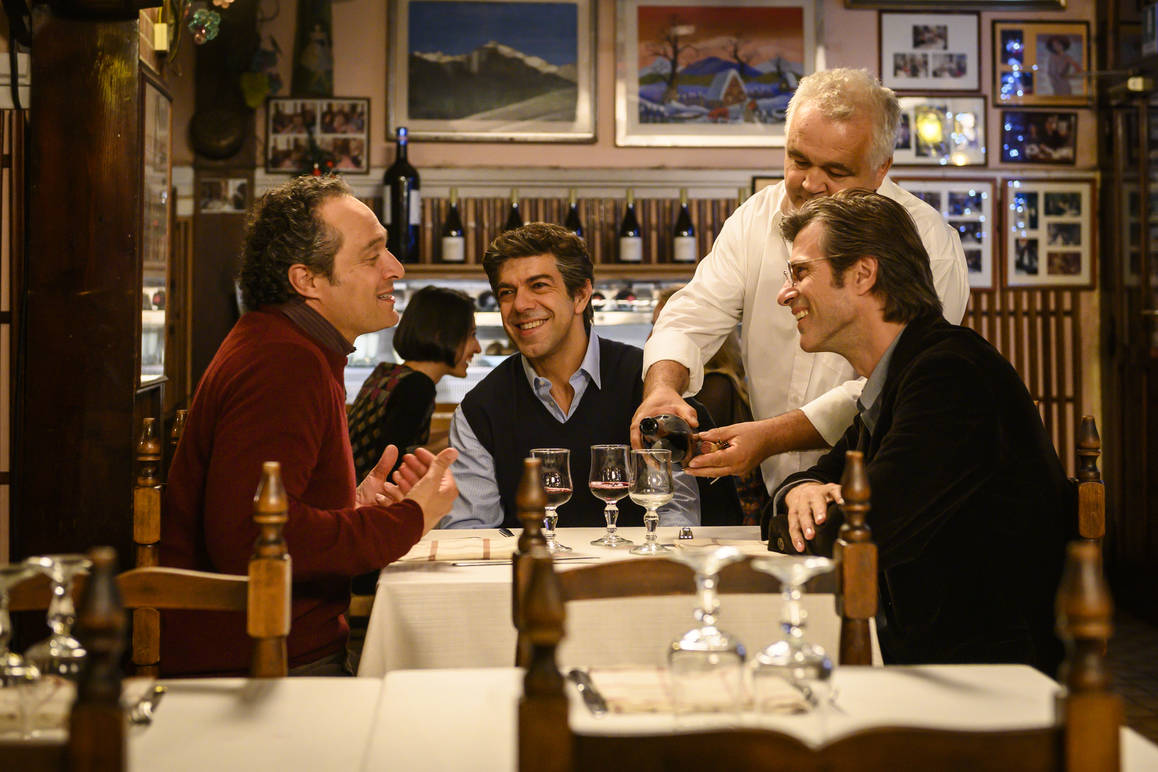
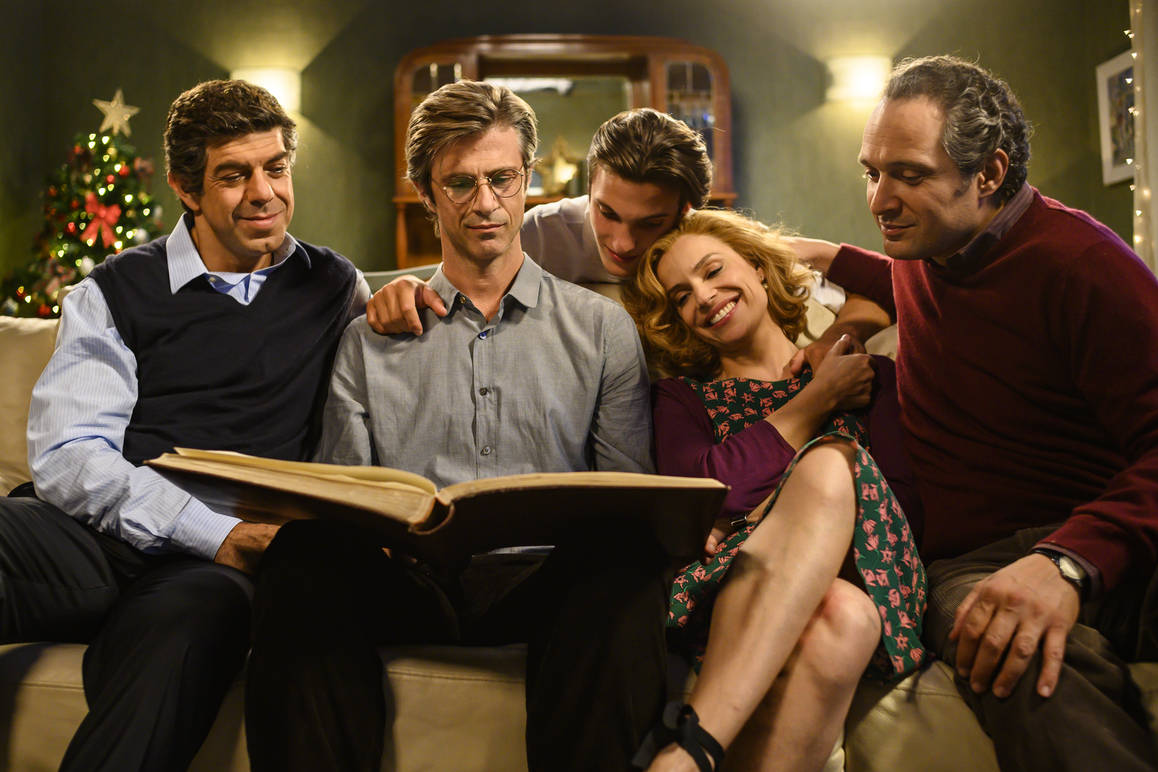
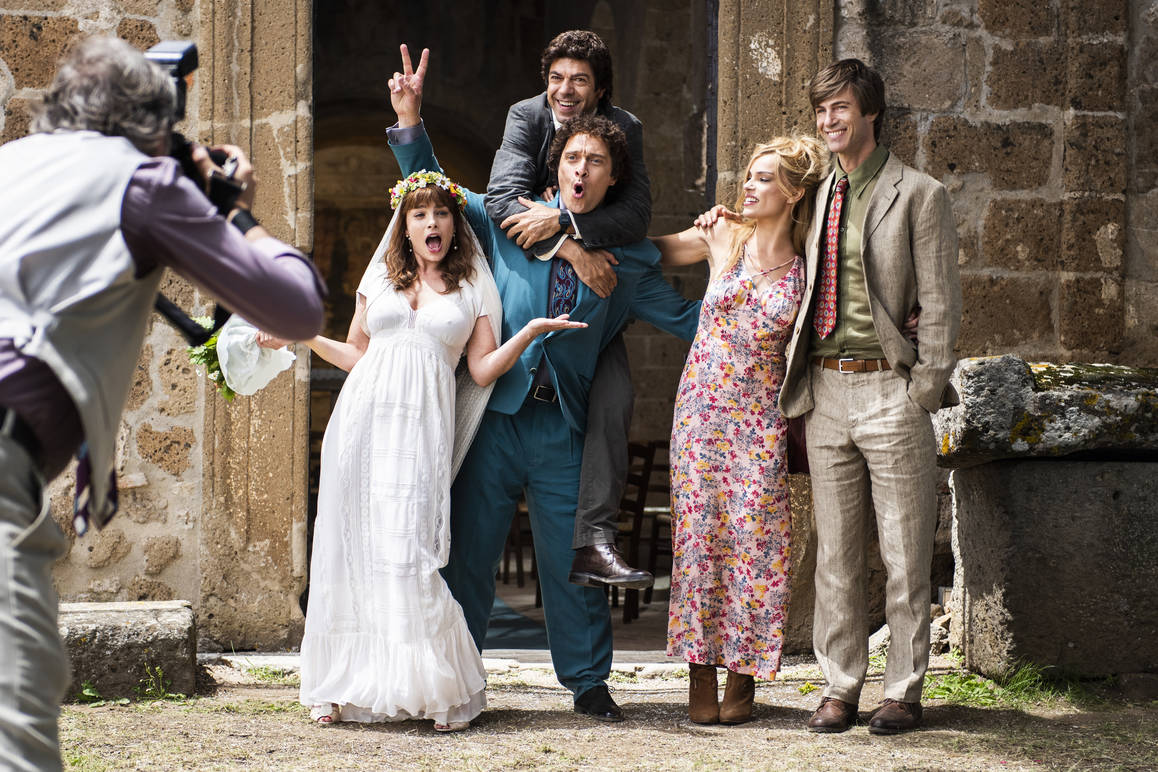
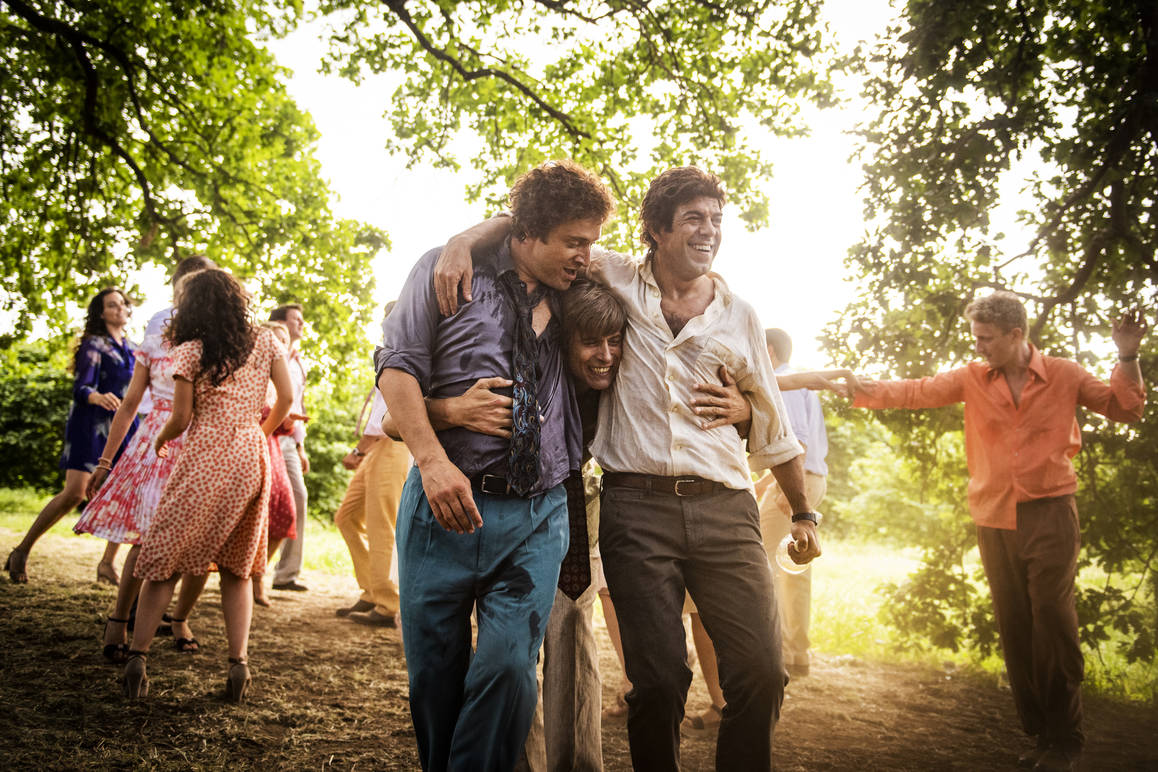
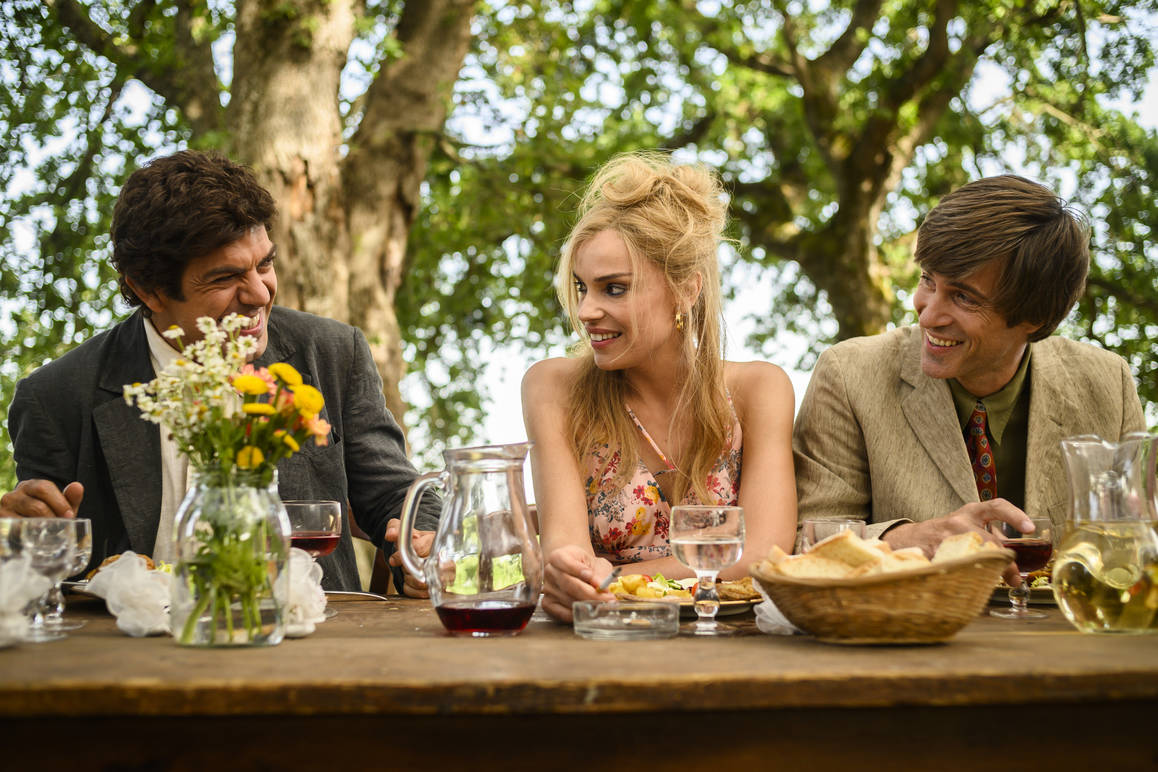
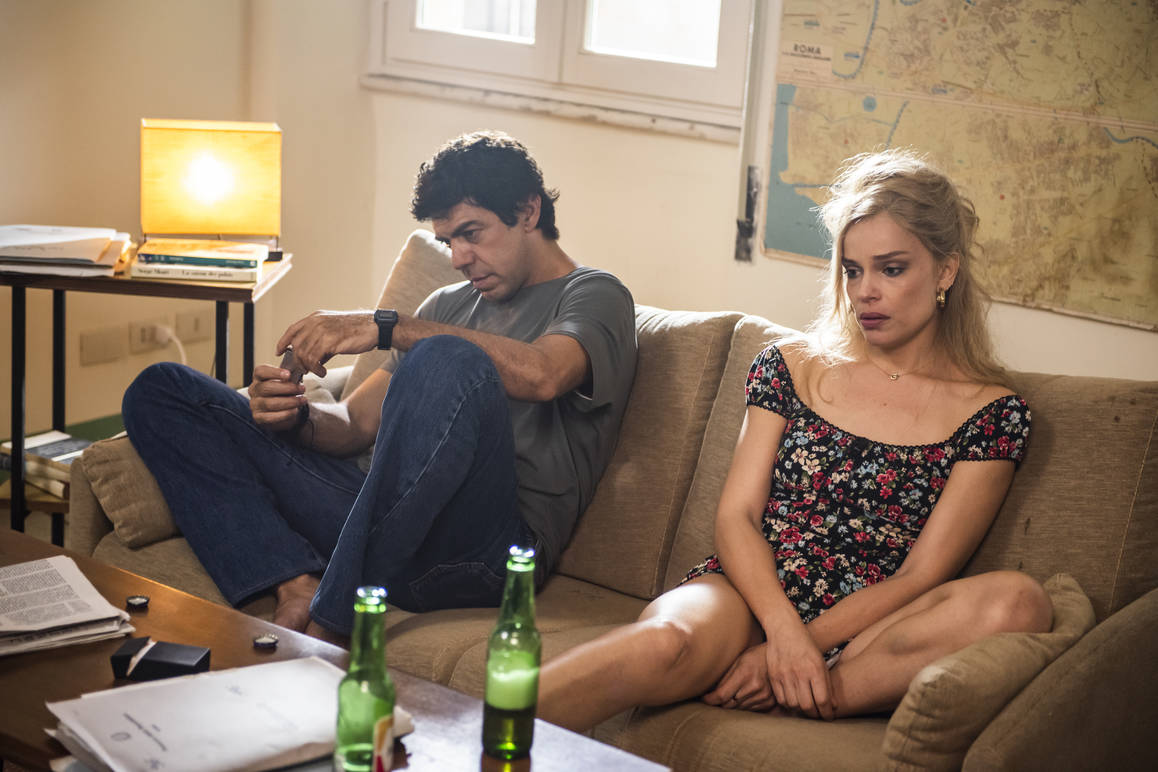
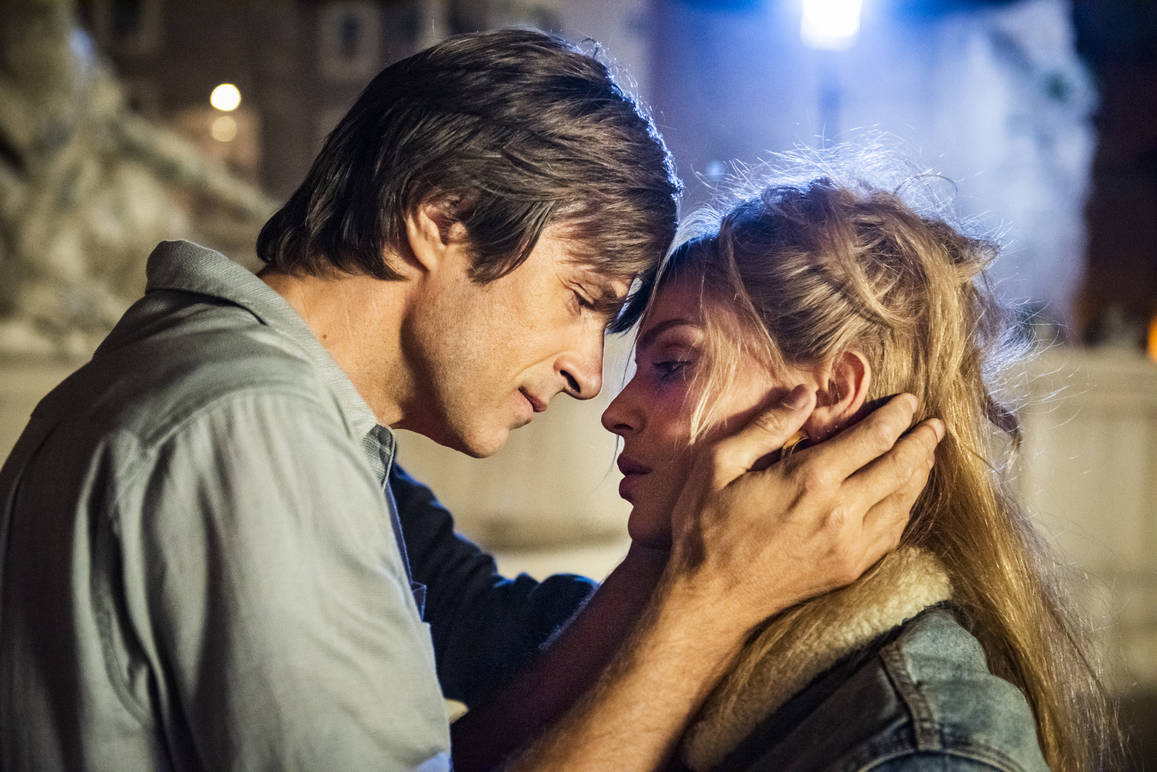
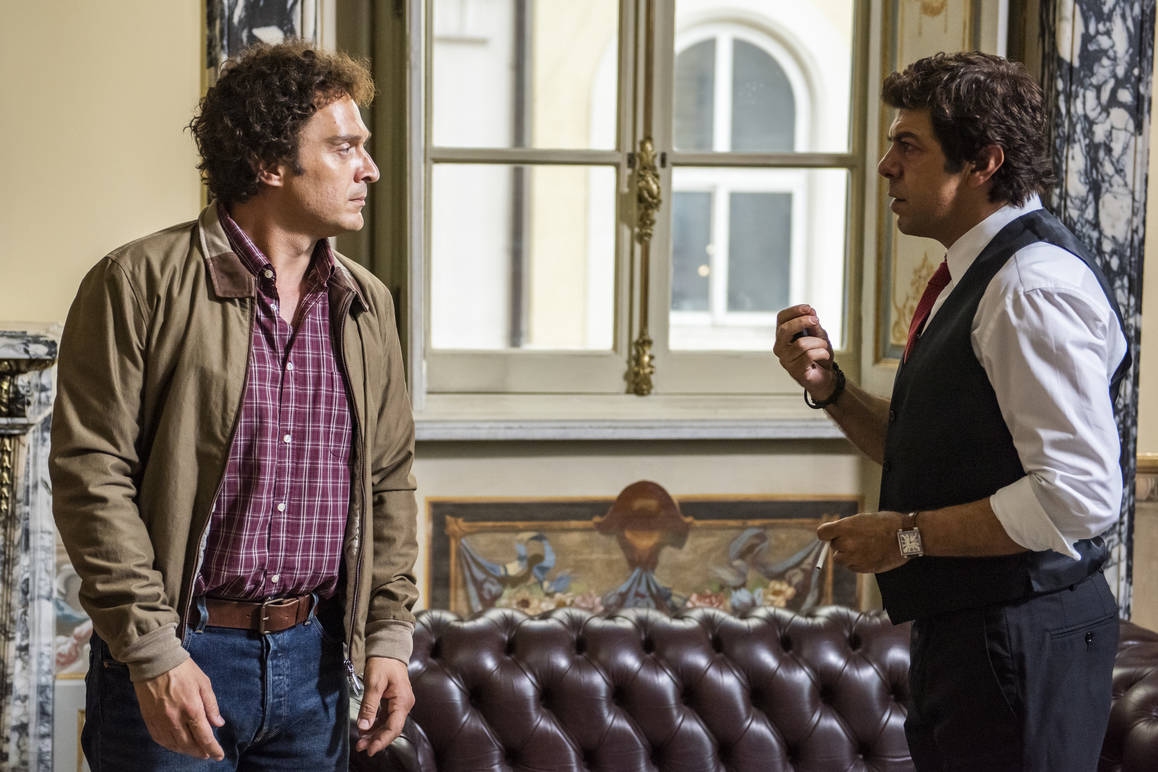
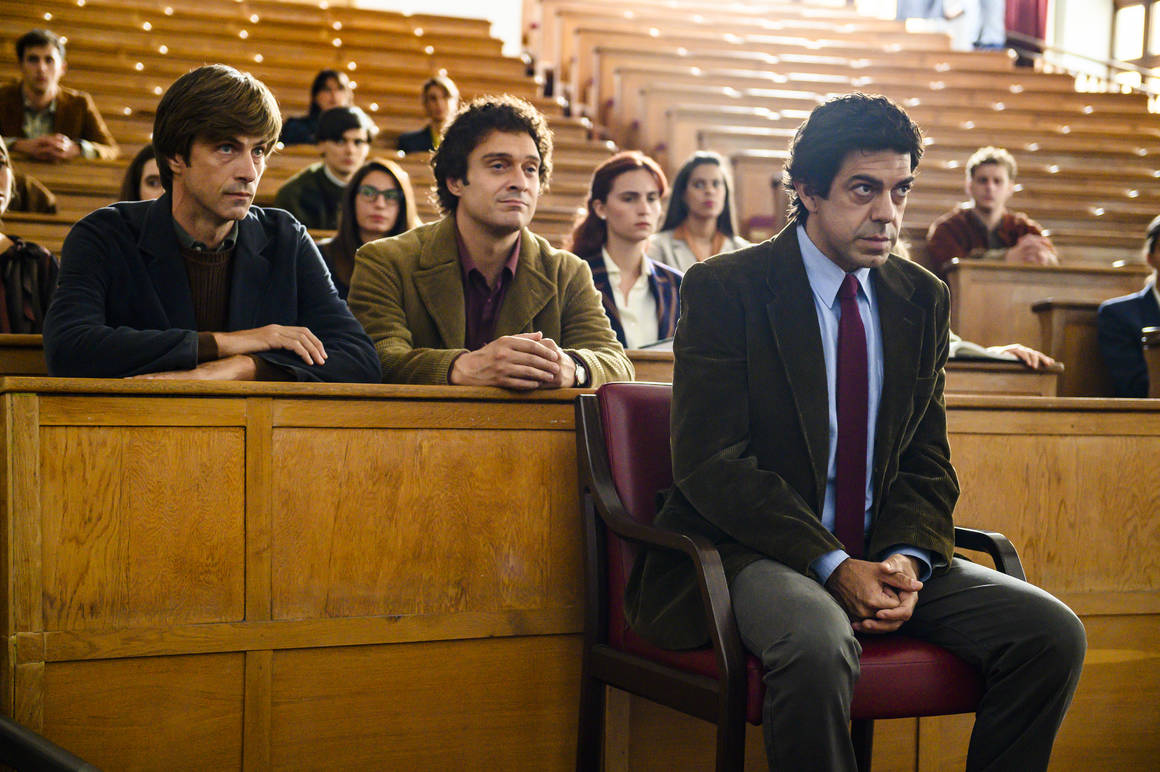




i-Italy
Facebook
Google+
This work may not be reproduced, in whole or in part, without prior written permission.
Questo lavoro non può essere riprodotto, in tutto o in parte, senza permesso scritto.